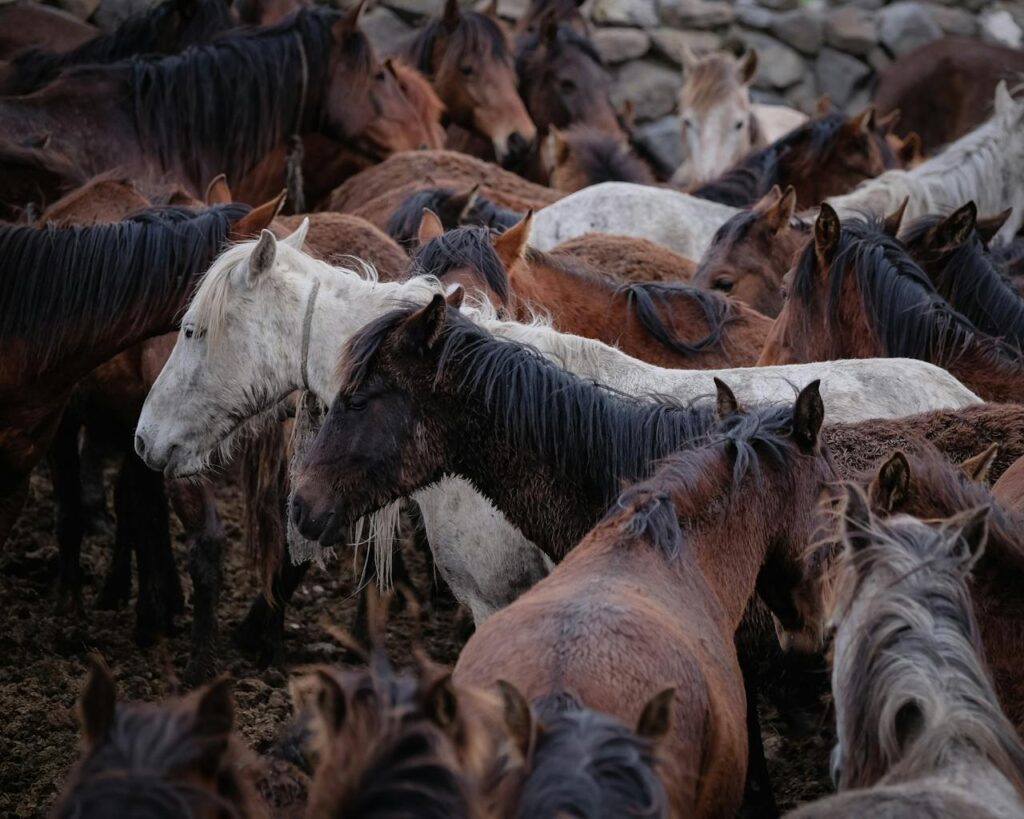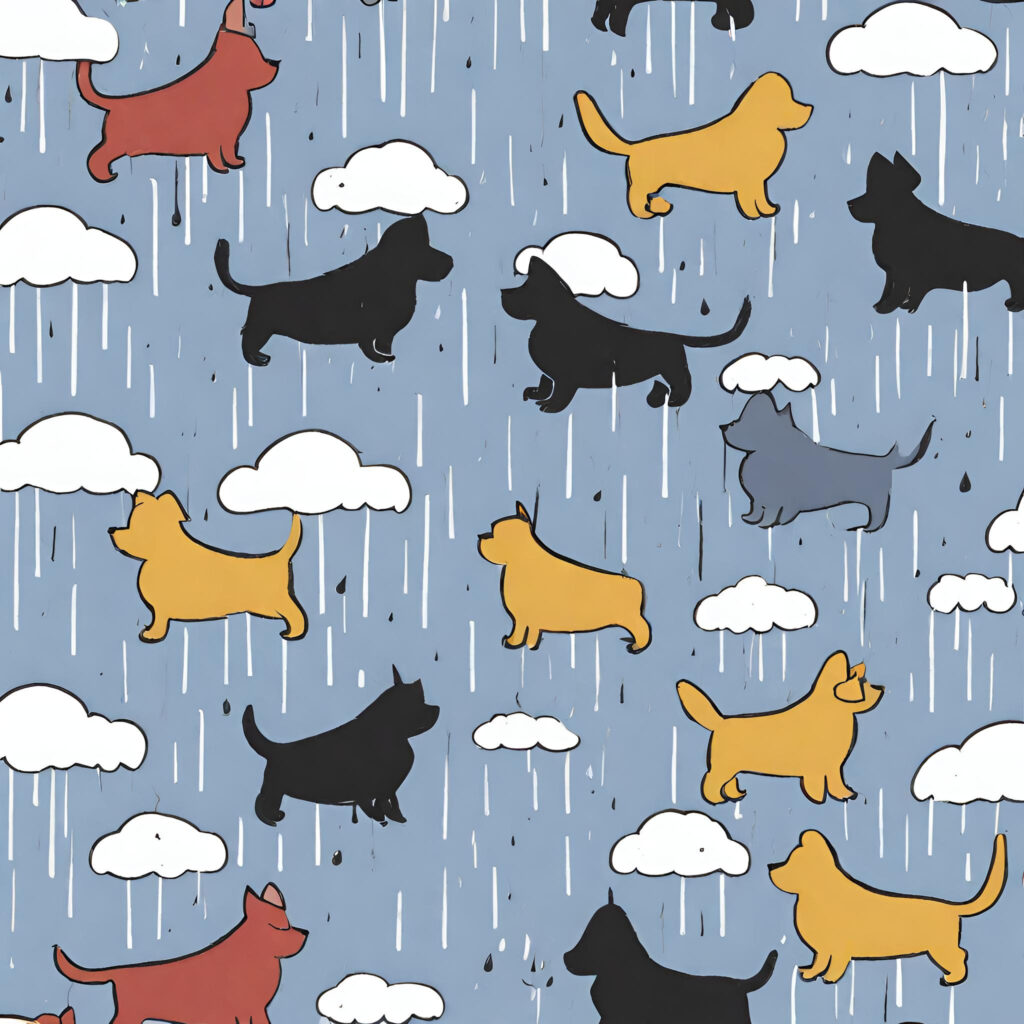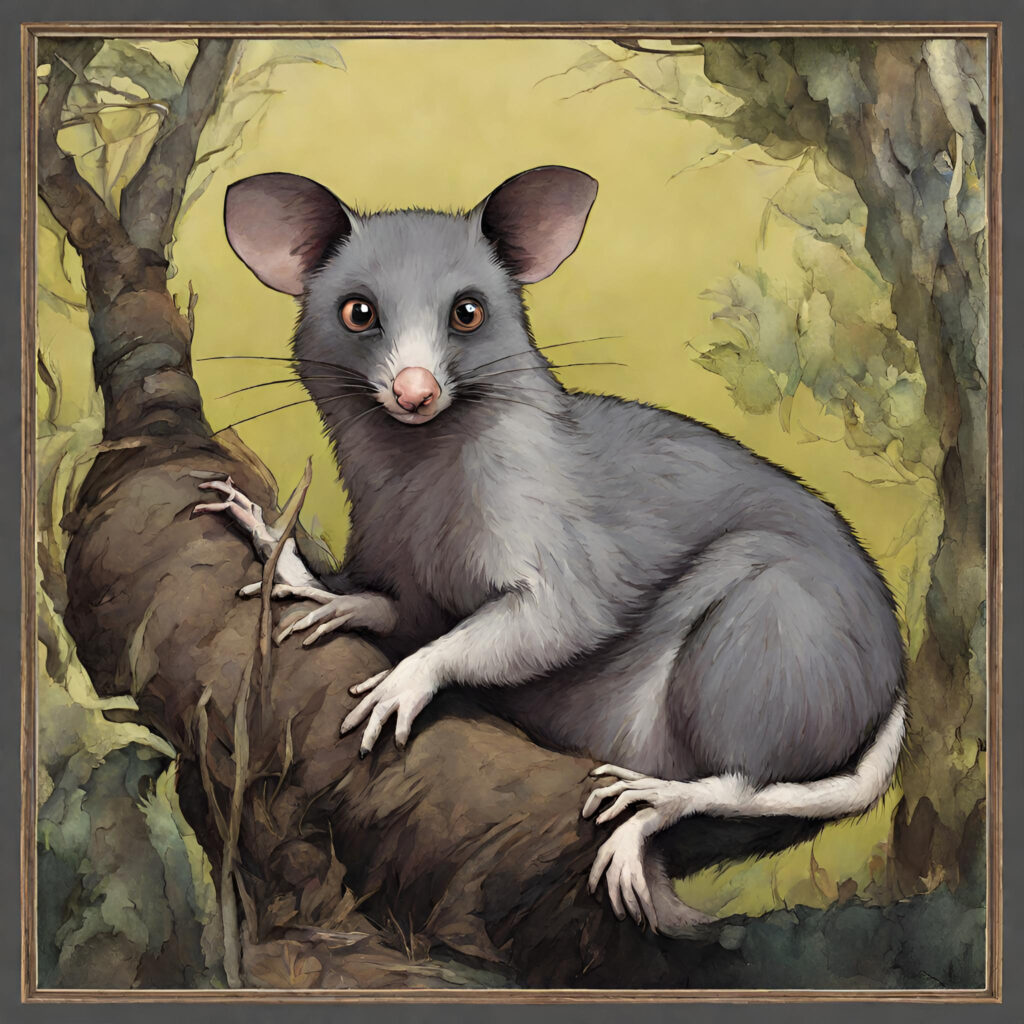Meaning: This idiom is used to describe the behavior of someone who seeks or tries to elicit praise, admiration, or flattery from others, often in a subtle or indirect manner. It implies seeking validation or affirmation of one’s abilities, appearance, or achievements.
Usage in Example Sentences:
- “Stop fishing for compliments; your work speaks for itself.”
- “She’s always fishing for compliments about her cooking, even though everyone already knows it’s delicious.”
- “Instead of constantly fishing for compliments, focus on improving your skills and confidence.”
Origin: The origin of the idiom “fish for compliments” is unclear, but it likely originated from the imagery of fishing, where one uses bait to lure fish. In this context, “compliments” serve as the metaphorical bait used to attract praise or admiration from others. Over time, the phrase “fish for compliments” became a common idiom used to describe the behavior of seeking praise or validation from others.








